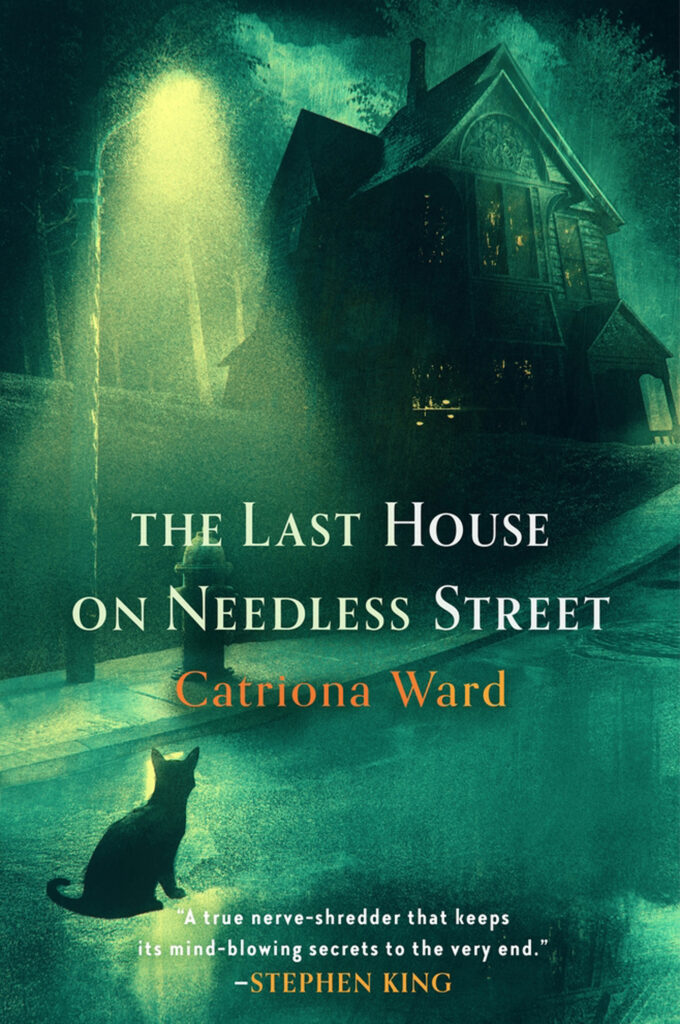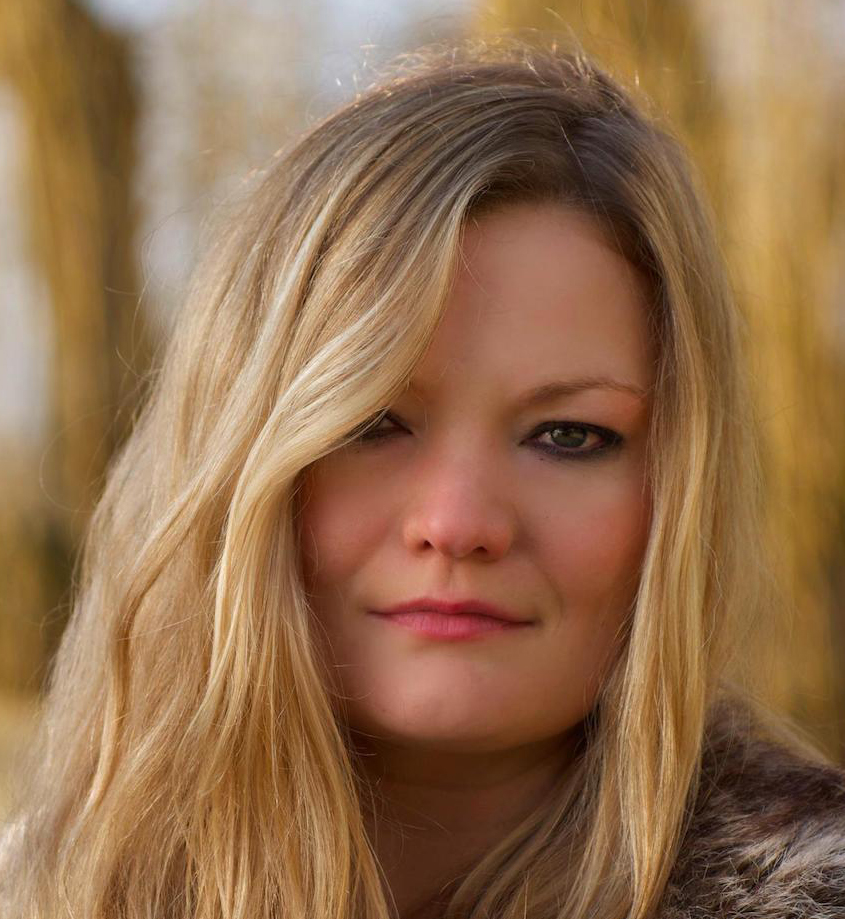Catriona Ward, The Last House on Needless Street (2021)
Review by Lee Horsley
Catriona Ward’s The Last House on Needless Street is a surreal and fascinating novel. In the opening chapters, it would seem to be about a serial killer, Ted Bannerman, hunted by Dee, a young woman who is convinced he killed her sister when she was six. Ted has locked himself away in a run down, sinister place on the edge of a forest, where memories “lie around the house, in drifts as deep as snow.” Ward’s novel very skilfully creates a dark mixture of child murder and gothic horror, drawing us into a world that is haunted, disturbing and disorienting.
Ted’s mind often returns to the twisted, threatening world of his own childhood:
“Mommy took me to the forest three times. The last time she sent me back alone. Yes, I still feel her under the dark canopy of leaves. She is in the scatter of light across the forest floor. And yes sometimes she’s in the cupboard under the sink. But really, I have been on my own since that day.”
The narrative moves between different narrators, including Dee, whose search for her sister’s murderer leads her to move into the house next door to Ted’s. She waits and watches, hearing mysterious voices and fearing that her own grip on reality has become increasingly tenuous:
“Through it, Dee hears a high, clear voice saying, ‘I don’t want to do algebra.’ There is the low rumble of a male voice. It could be Ted. Dee strains. Her head aches with effort. The stretch of summer air that lies between the houses now seems thick and impenetrable as dough. A young girl begins to sing a song about woodlice. In all her days of watching, Dee has seen no one but Ted come and go.”
Distinctions are blurred between long past crimes and present horrors. As readers, we see things from perspectives that only gradually become comprehensible. Repressed guilts and inner torments are slowly revealed to characters and readers alike, and we share a distressing sense of the sheer strangeness of the world Ted inhabits. Ward’s wonderful, dextrous prose takes us to places so unexpected that we repeatedly pause to re-examine our understanding, and in the process find hidden realities that are both terrifying and touching.
In her ‘Afterward’, Ward says, ”I came to write a book about survival, disguised as a book about horror.” The gothic atmosphere of fear and suspense impels us to read on, but one of the unexpected pleasures of the novel lies in finding its depth of human understanding and compassion.


